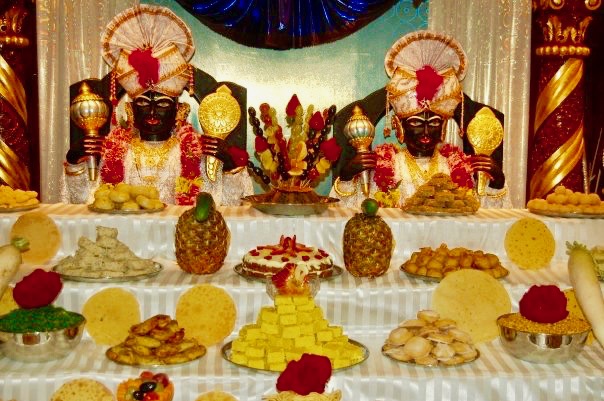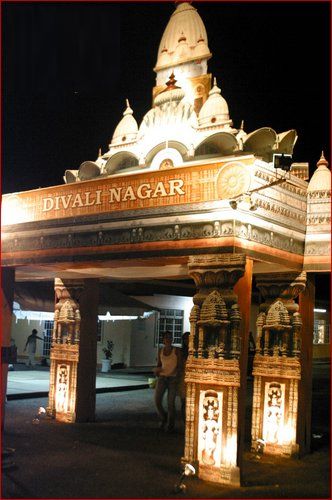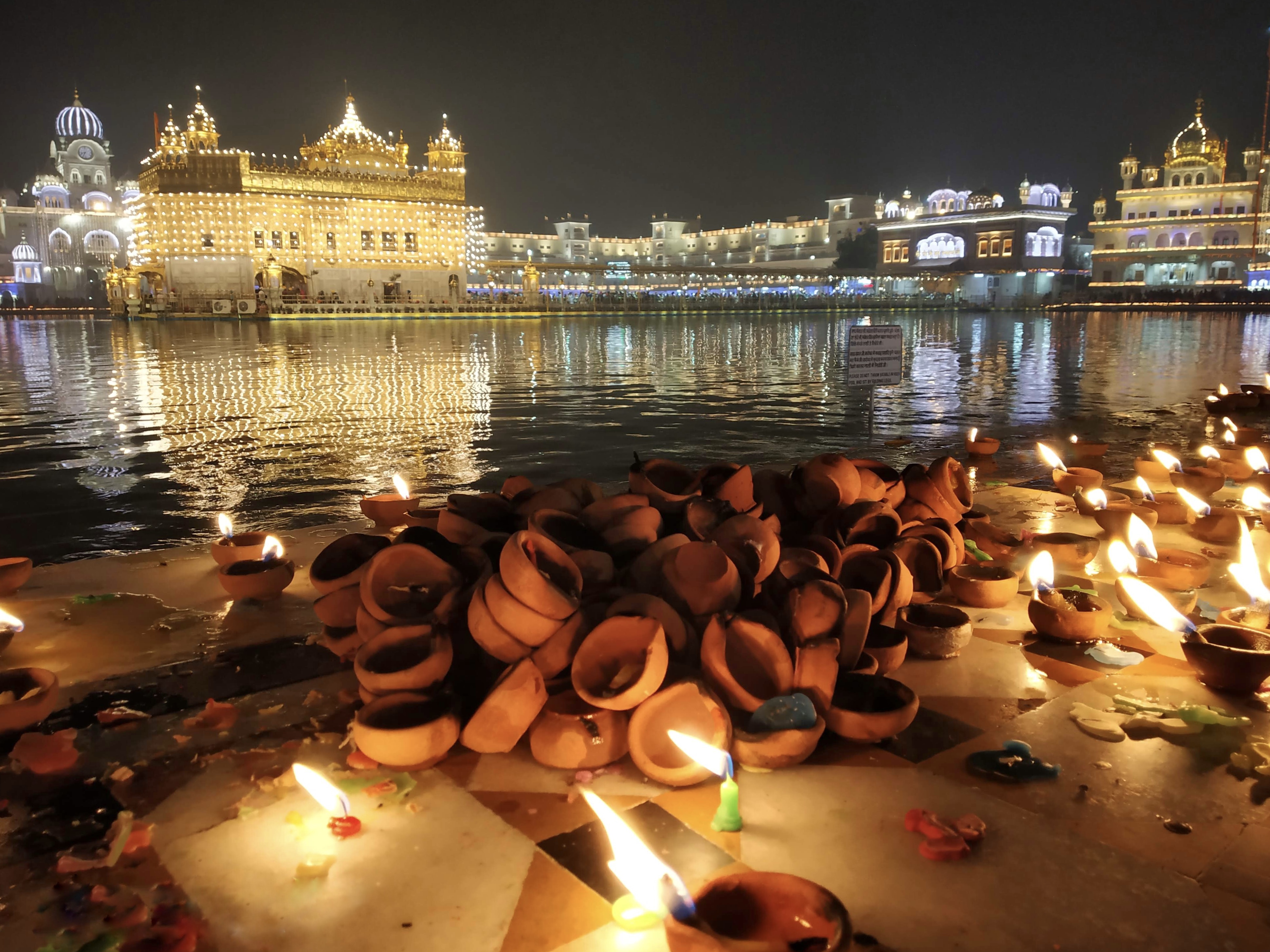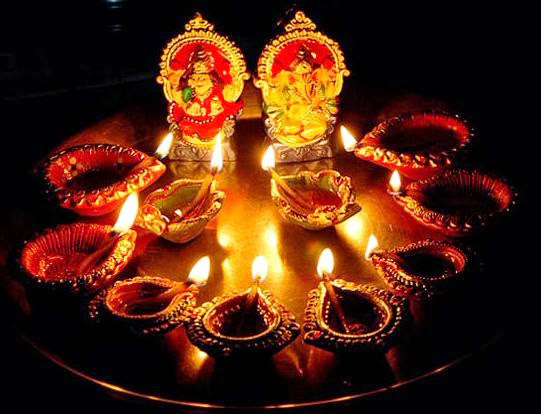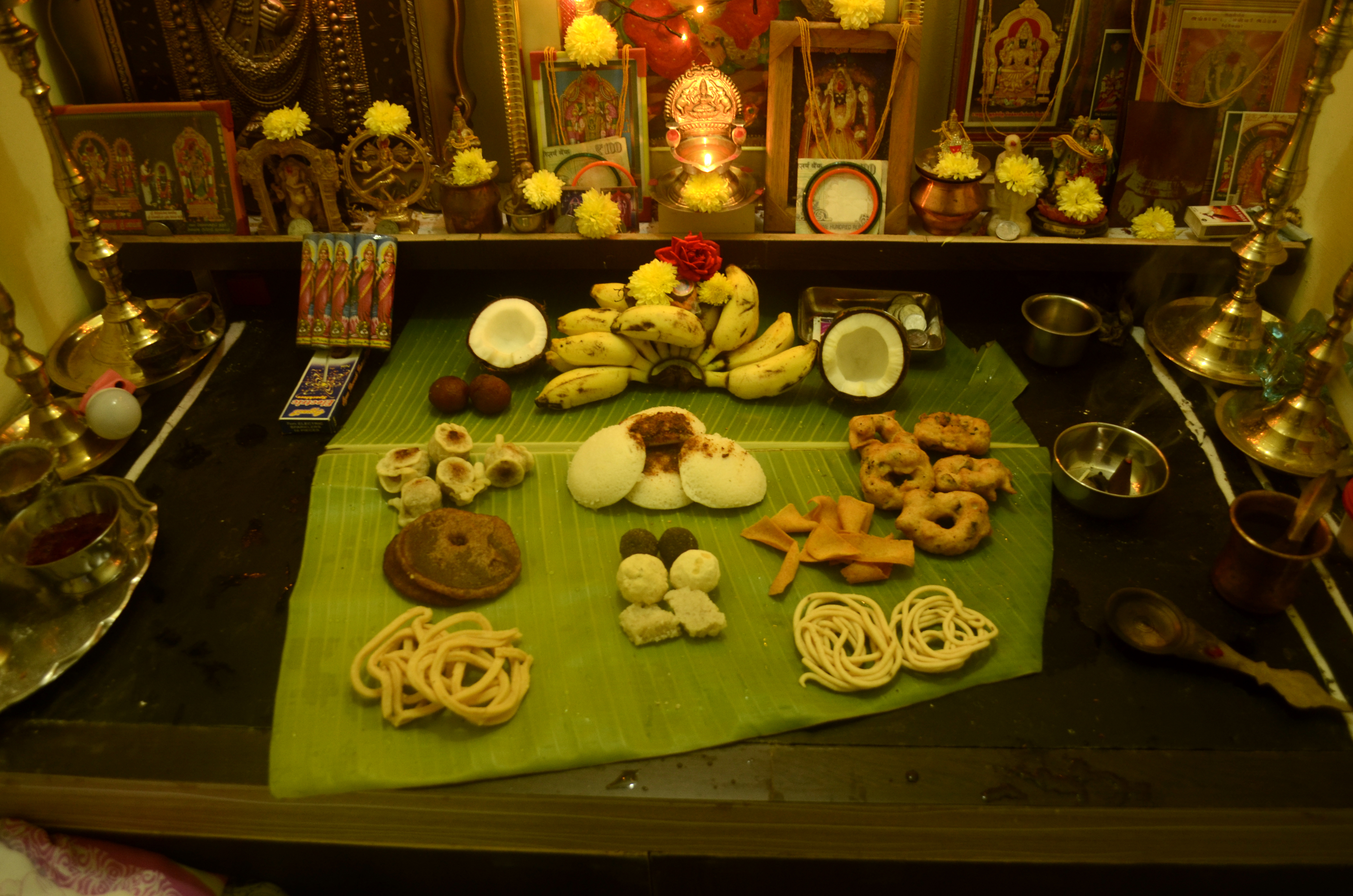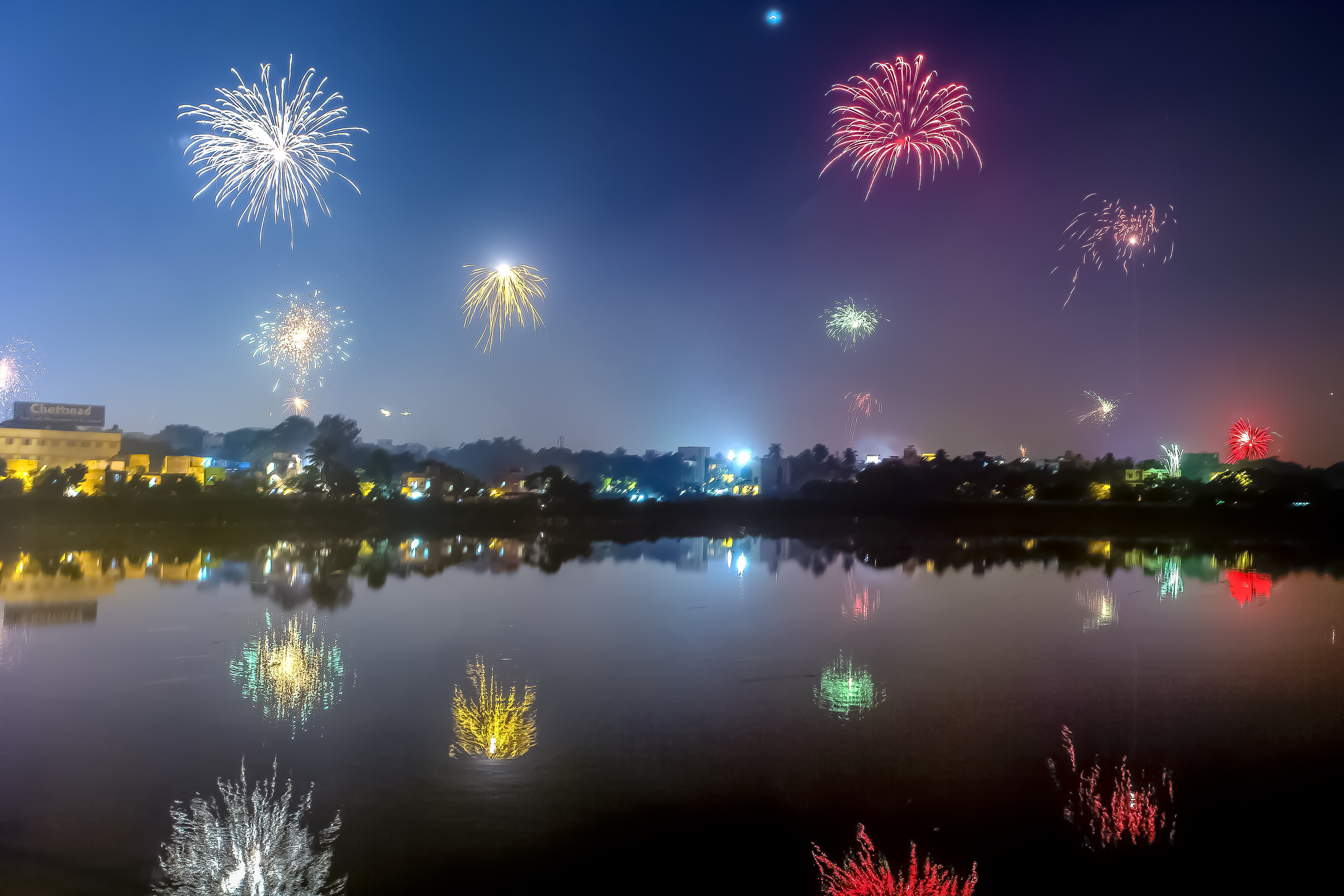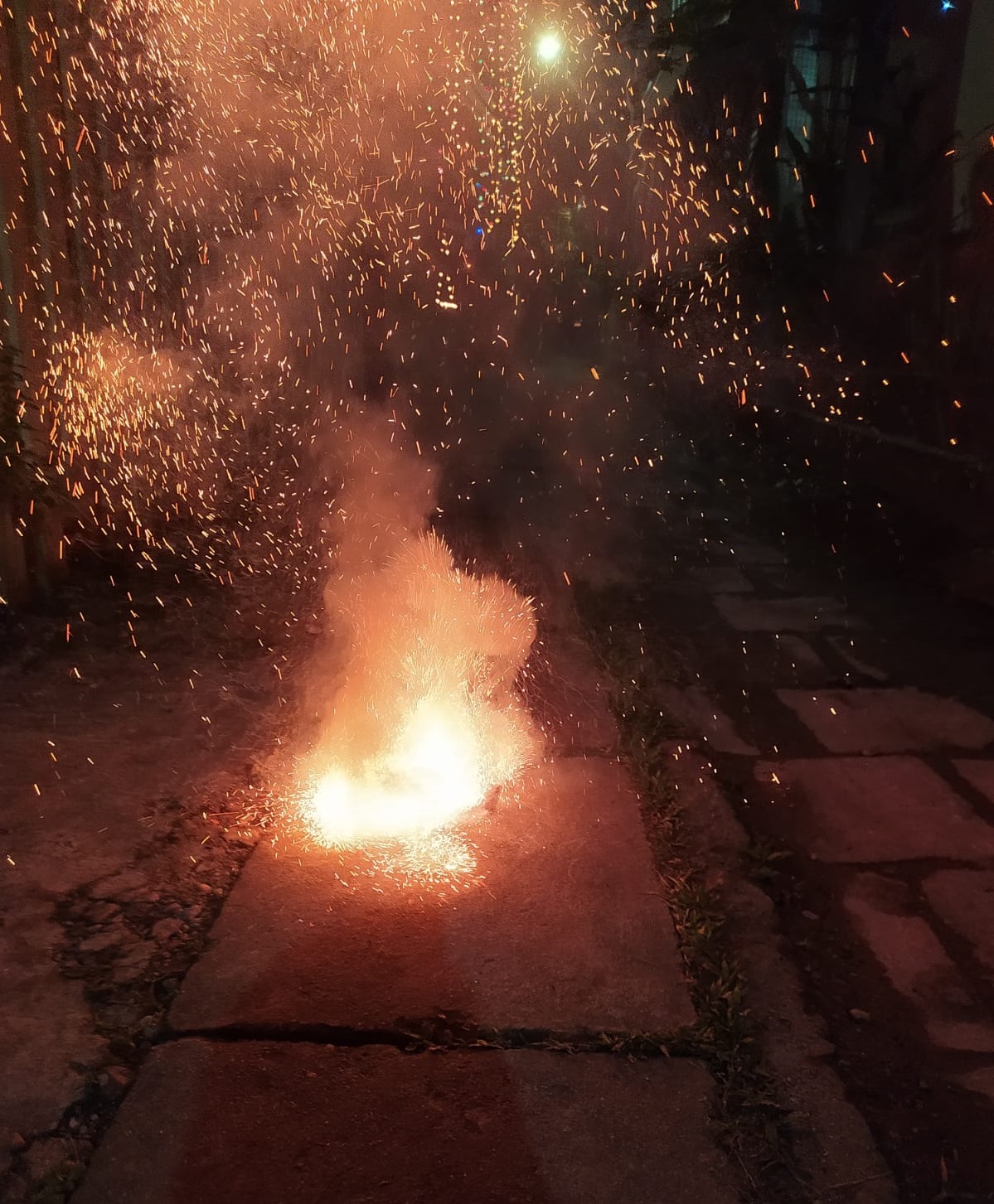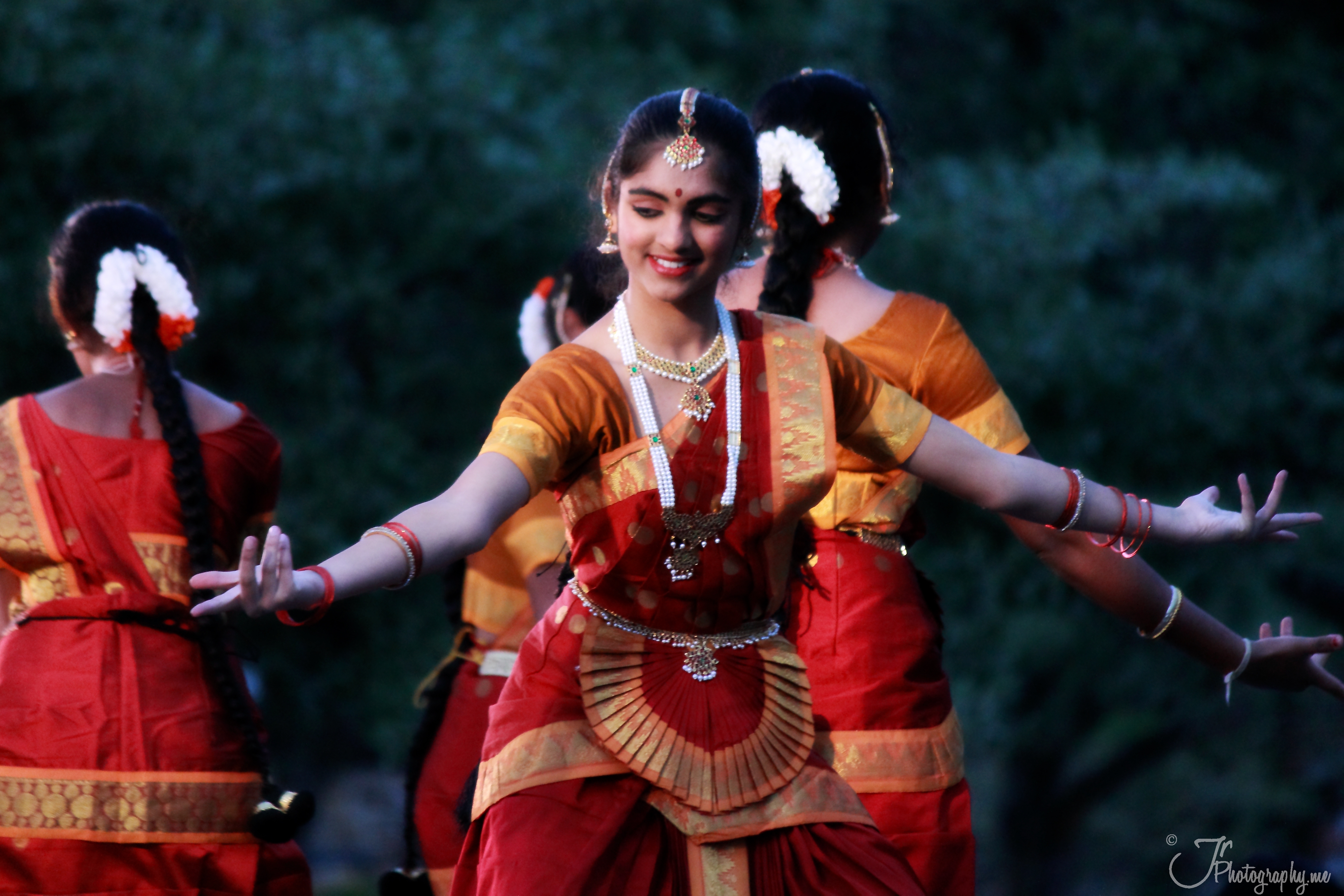Divali
Enlarge text Shrink textDiwali (English: ), also called Deepavali (IAST: Dīpāvalī) or Deepawali (IAST: Dīpāwalī), is the Hindu festival of lights, with variations celebrated in other Indian religions such as Jainism and Sikhism. It symbolises the spiritual victory of Dharma over Adharma, light over darkness, good over evil, and knowledge over ignorance. Diwali is celebrated during the Hindu lunisolar months of Ashvin (according to the amanta tradition) and Kārtika—between around mid-September and mid-November. The celebrations generally last five or six days. Diwali is connected to various religious events, deities and personalities, such as being the day Rama returned to his kingdom in Ayodhya with his wife Sita and his brother Lakshmana after defeating the demon king Ravana. It is also widely associated with Lakshmi, the goddess of prosperity, and Ganesha, the god of wisdom and the remover of obstacles. Other regional traditions connect the holiday to Vishnu, Krishna, Durga, Shiva, Kali, Hanuman, Kubera, Yama, Yami, Dhanvantari, or Vishvakarman. Primarily a Hindu festival, variations of Diwali are also celebrated by adherents of other faiths. The Jains observe their own Diwali which marks the final liberation of Mahavira. The Sikhs celebrate Bandi Chhor Divas to mark the release of Guru Hargobind from a Mughal prison. Newar Buddhists, unlike other Buddhists, celebrate Diwali by worshipping Lakshmi, while the Hindus of Eastern India and Bangladesh generally, celebrate Diwali by worshipping the goddess Kali. During the festival, the celebrants illuminate their homes, temples and workspaces with diyas (oil lamps), candles and lanterns. Hindus, in particular, have a ritual oil bath at dawn on each day of the festival. Diwali is also marked with fireworks as well as the decoration of floors with rangoli designs and other parts of the house with jhalars. Food is a major focus with families partaking in feasts and sharing mithai. The festival is an annual homecoming and bonding period not only for families, but also for communities and associations, particularly those in urban areas, which will organise activities, events, and gatherings. Many towns organise community parades and fairs with parades or music and dance performances in parks. Some Hindus, Jains, and Sikhs will send Diwali greeting cards to family near and far during the festive season, occasionally with boxes of Indian confectionery. Another aspect of the festival is remembering the ancestors. Diwali is also a major cultural event for the Hindu, Sikh, and Jain diaspora. The main day of the festival of Diwali (the day of Lakshmi Puja) is an official holiday in Fiji, Guyana, India, Malaysia, Mauritius, Myanmar, Nepal, Pakistan, Singapore, Sri Lanka, Suriname, Trinidad and Tobago and in some US states.
Read more on Wikipedia >
 Topic
Topic





